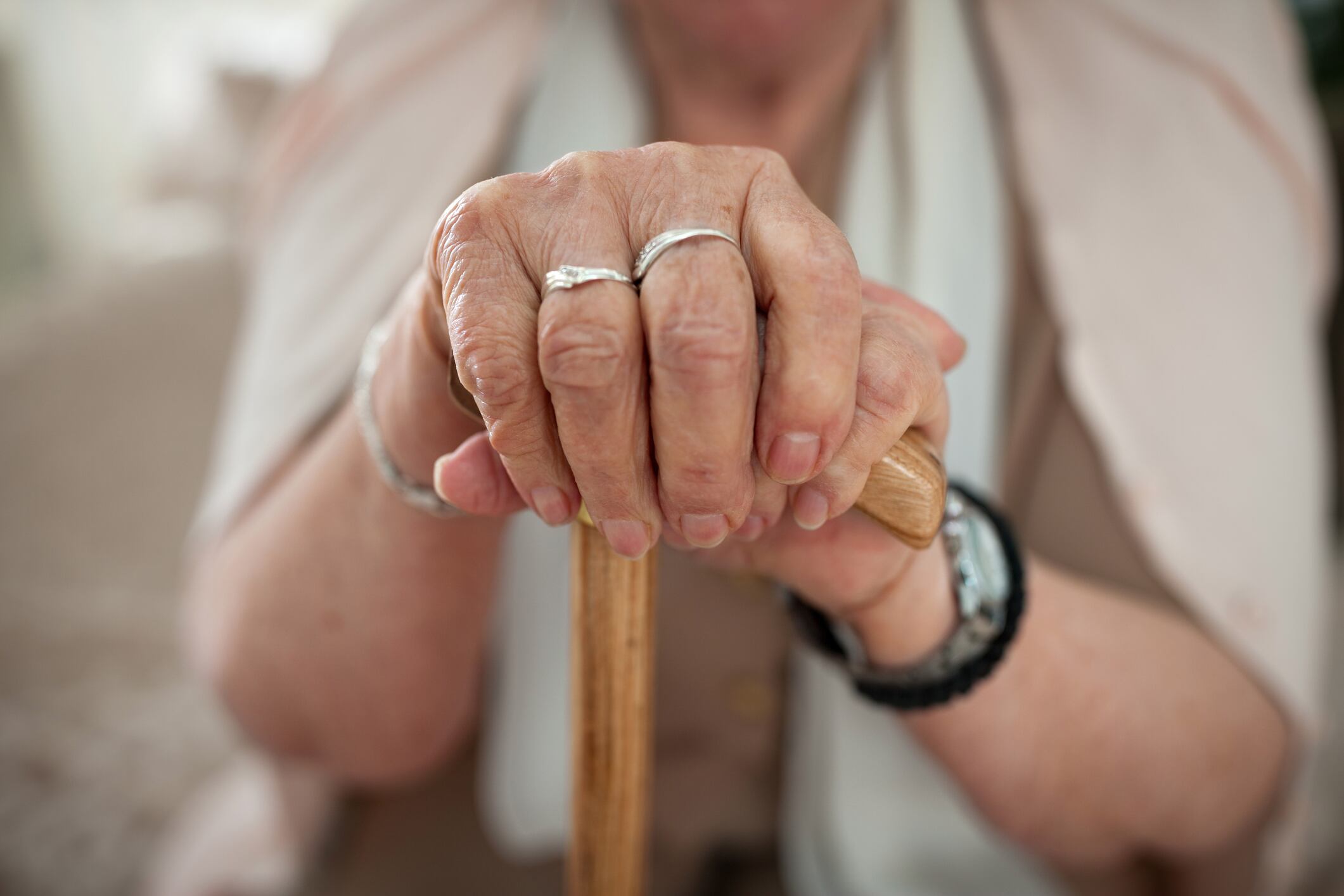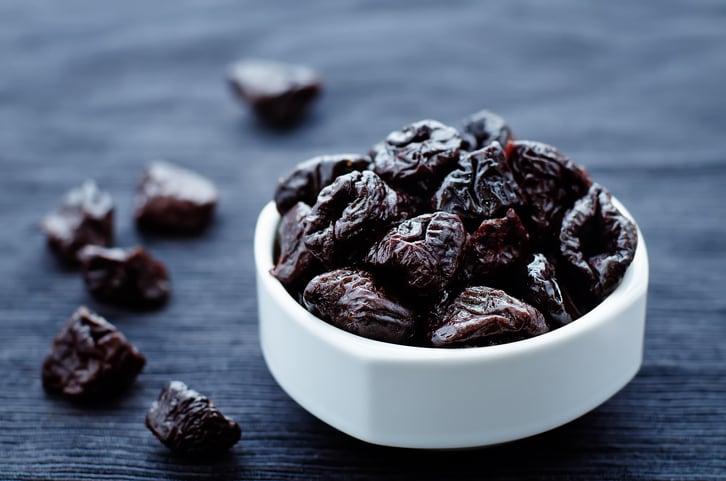One year of daily supplementation with Limosilactobacillus reuteri ATCC PTA 6475 was found to enhance gene richness in the gut microbiota of the elderly women, and the inflammatory state was improved. (Limosilactobacillus reuteri was formerly known as Lactobacillus reuteri.)
The probiotic was also associated with a depletion in E. coli and its biofilm formation in good responders, reported scientists from Chalmers University of Technology and University of Gothenburg in Sweden.
“This indicates that L. reuteri ATCC PTA 6475 supplementation might promote bone formation by modulating the gut microbiota composition and function, which could be crucial for the development of novel osteoporosis treatments,” they wrote in npj Biofilms and Microbiomes.
Gut-bone axis
The study adds to the growing body of science supporting the role of the gut microbiota to impact bone health.
A 2019 review in the Journal of Clinical Investigation stated: “The gut microbiome is a key regulator of bone health that affects postnatal skeletal development and skeletal involution.
“Alterations in microbiota composition and host responses to the microbiota contribute to pathological bone loss, while changes in microbiota composition that prevent, or reverse, bone loss may be achieved by nutritional supplements with prebiotics and probiotics.”
Study details
The Sweden-based scientists analysed data from a subset of a larger clinical trial that included 68 older women randomly assigned to the probiotic or placebo. The new secondary analysis included data from 20 women with bone loss, and the women were chosen based on their response to the probiotic: Ten good responders (GR) and ten poor responders (PR) were included in the study.
The results showed that, while there were no significant differences between the women at the start of the study, significant differences were observed after one year for reducing bone loss. Specifically, the tibia total volumetric BMD was significantly higher in good responders, compared to the poor responders.
“Intriguingly, in the GR group supplementation with L. reuteri ATCC PTA 6475 decreased levels of the serum inflammation marker ultrasensitive CRP that has been reported to be associated with reduced BMD,” stated the researchers.
The data also showed that the good responders had higher abundance of several bacterial species known to produce beneficial short chain fatty acids (SCFAs), including Clostridium acetobutylicum, Acidaminococcus fermentans, Akkermansia muciniphila, Coprococcus catus, and Ruminococcus bicirculans.
“Moreover, detrimental changes including the enrichment of E. coli and its biofilm formation observed in the poor responders were alleviated in the good responders by the treatment,” stated the researchers.
“Our results indicate that L. reuteri ATCC PTA 6475 supplementation has the potential to prevent a deterioration of the gut microbiota and inflammatory status in elderly women with low bone mineral density, which might have beneficial effects on bone metabolism.”
Source: npj Biofilms and Microbiomes
Volume 8, Article number: 84, doi: 10.1038/s41522-022-00348-2
“One-year supplementation with Lactobacillus reuteri ATCC PTA 6475 counteracts a degradation of gut microbiota in older women with low bone mineral density”
Authors: P. Li, et al.




